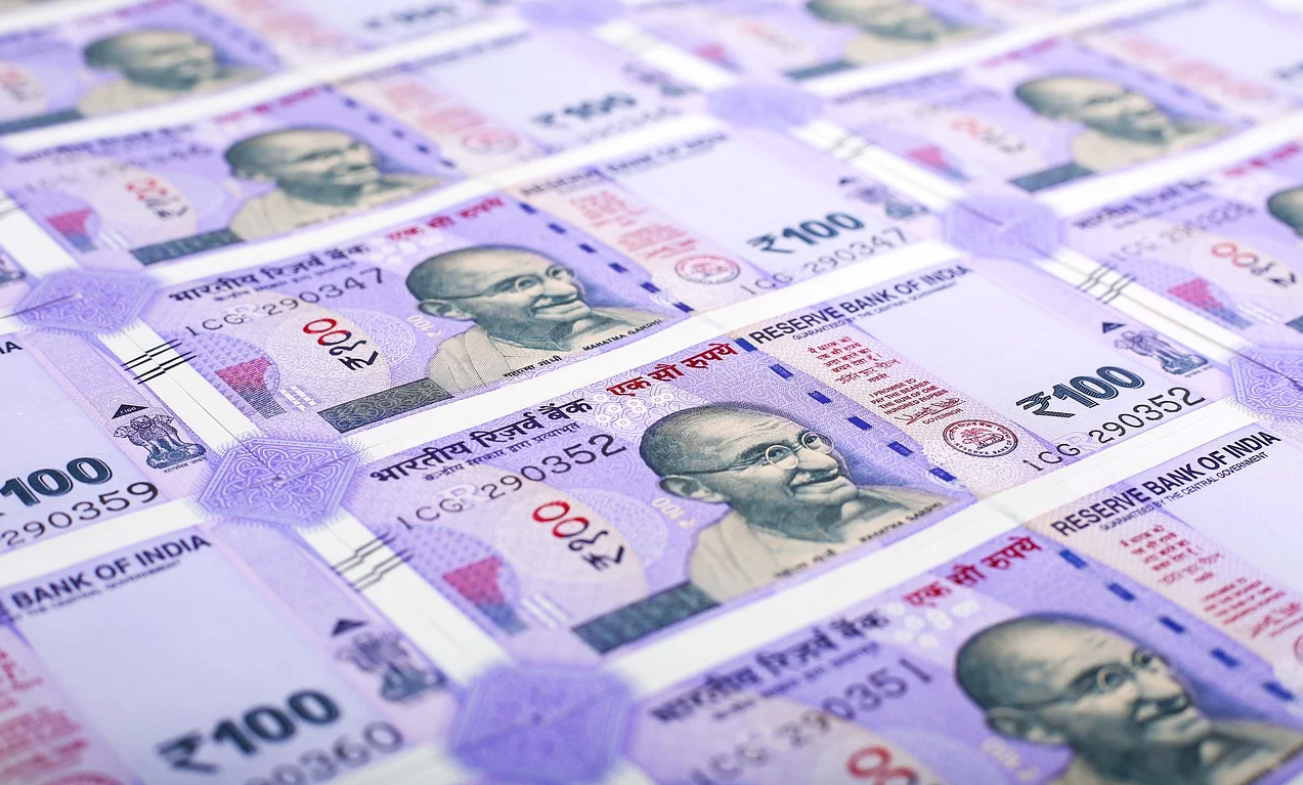By Priyanka Sambhav
Fixed Deposit or FD is a low-risk investment with assured returns. It is offered by banks and non-banking financial companies(NBFC’s). It is a sure shot formula of growing your saving. You deposit a lump sum amount in your bank for a fixed period of tenure with the surety of receiving an agreed interest on your deposit. When FD attains maturity, you receive the amount that you have invested plus you also earn interest on interest, i.e. the benefit of compound interest. This helps in faster growth of your deposit and helps you in accumulating a significant amount.
USP of Fixed Deposit
The name fixed deposit in itself suggests the return is fixed and does not fluctuate so this ensures a guaranteed return over some time. The charm of FD is that it is not market-linked, so it has negligible risk. Bank FD’s are covered by insurance under DICGC( Deposit Insurance and Credit Guarantee Corporation). The deposit insurance program protects bank deposit of up to Rs 5 lakh of each depositor in case the bank faces closure or any default.
Tenure Of FD
It may differ from bank to bank. Fixed deposit can be of a short period of 7 days and a maximum of 10 years.
Interest of FD
The interest of FD vary from bank to bank and depends upon the period you choose to invest for. A fixed deposit of one year with SBI will earn you a 4.90% interest whereas if you invest for 5 years, then SBI’s FD interest is 5.40%. HDFC bank gives you a 5% interest on a 1-year deposit and 5.50% of interest if you deposit for 5 years. Senior citizens get a bit higher interest on their FD investment. For instance, SBI’s interest rate for Senior citizen (60 years and above) is 0.50% above the rate payable otherwise.
Tax on FD
The interest of FD is taxable in the hands of investors. The interest earned will be taxed at the rate applicable to your income tax slab. Banks will deduct a TDS of 10% (7.5% between 14th May 2020 and 31st March 2021) on fixed deposit if the sum of interest income exceeds Rs. 40,000 in one bank. The limit is Rs. 50000 for senior citizens. In case the depositor doesn’t furnish his//her PAN details the bank will deduct a 20% TDS. If your total income including the interest income is below the threshold limit to which income tax does not apply then you can always claim a refund of the TDS or opt for submitting form 15G ( 15H in case of senior citizen) to your bank for avoiding TDS.
Cumulative and non-cumulative FD
These are the broad categories of FD. In a cumulative FD interest is compounded quarterly basis but is paid out only at the time of maturity. A non-cumulative FD interest is paid out monthly, quarterly or half-yearly basis as per your choice.
4 Types of FD
-
Bank FD– Also known as the term deposit, and it is a regular Fixed deposit offered by banks. Bank FD’s have a tenure of 7 days to 10 years. The interest in bank FD is a bit higher than what you earn from your saving accounts interest. Money is locked in for the tenure you decide to deposit. Interest is taxed, and banks also deduct TDS.
-
Tax Saving FD– This helps you in saving tax. Money is locked for 5 years and the investment amount up to Rs 1.5 Lakh is eligible for claiming deduction under Section 80C of the income tax act. Rate of interest is in the range of 5.50- 7.50% depending upon the bank. The interest which is fixed at the beginning of the 5-year term remains the same till its maturity. .Interest earned on tax-saving FD is taxable.
-
Post office FD- They are also known as Post office Time deposit(POTD) and are similar to bank FD, but you open these FD in the post office. Tenure of POTD ranges from 1 to 5 years. Even a minor above the age of 10 years can have a post office FD. Premature withdrawal is allowed, but it may result in reduced interest benefit. The deposit of 5-year lock-in is eligible for a tax deduction under 80C. Interest in post office term deposit is in the 5.50- 6.70%.
-
Corporate FD– Company Fixed Deposit or corporate FD’s are an investment option provided by NBFC’s and some other private companies. They are on the basic framework of fixed deposit wherein you deposit a certain amount for a fixed year and receive interest on it. Companies tend to give higher interest than the usual bank or post office time deposit and hence more tempting in terms of return. But a word of caution, corporate FD are not covered under DICGC( Deposit Insurance and Credit Guarantee Corporation- wherein your money has an insurance cover of Rs 5 lakh). As far as corporate FD are concerned, the reputation of the company becomes very important. There have been few company-specific incidences where company have defaulted in paying back. So the credit health and companies background is something that you should not ignore. Credit health of the companies is determined by the various credit rating agencies like CRISIL, ICRA and CARE. Check for an average ‘stable’ rating by credit agency but if it is less than average then you should reconsider.







